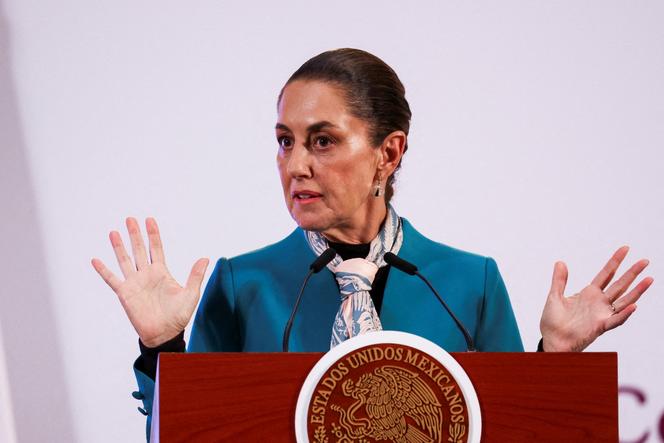


Despite the Mexican government's efforts to reassure him in recent weeks, Donald Trump announced on December 22 that "immediately" after his inauguration, he would classify drug cartels as terrorist organizations. This measure, already floated during his first term, would authorize him to strike at criminal groups on the other side of the 3,152-kilometer border that separates the two countries, a scenario unacceptable to Mexico.
A few hours later, Mexican President Claudia Sheinbaum dismissed any form of US "interference" in her country. "We will never subordinate ourselves," she declared, two weeks after she announced that she would stop publicly responding to provocations from the future president of the US, the country that receives over 80% of Mexico's exports. The next day, she returned to a more conciliatory tone, declaring that the president-elect had "never spoken of intervention in Mexico" and promising that their governments would work in good harmony.
The exchange raised doubts about relations between Mexico and the US after Trump's inauguration on January 20, 2025. "The Trump of 2024 is, in a sense, the same as that of 2016: unpredictable, defiant and swaggering, but in a supercharged version, with desires for revenge and accumulated resentments; he's surrounded by sycophants and radicals who won't slow him down and who are more familiar with the arcana of power," noted Martha Barcena, who was Mexico's ambassador to Washington between 2018 and 2020.
You have 69.49% of this article left to read. The rest is for subscribers only.
